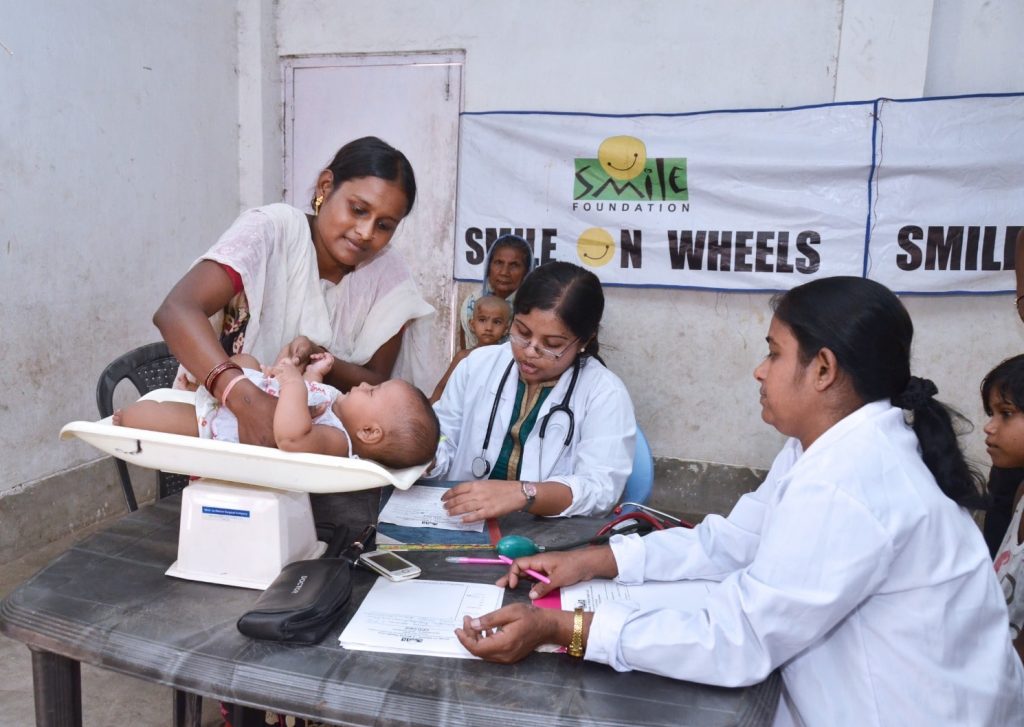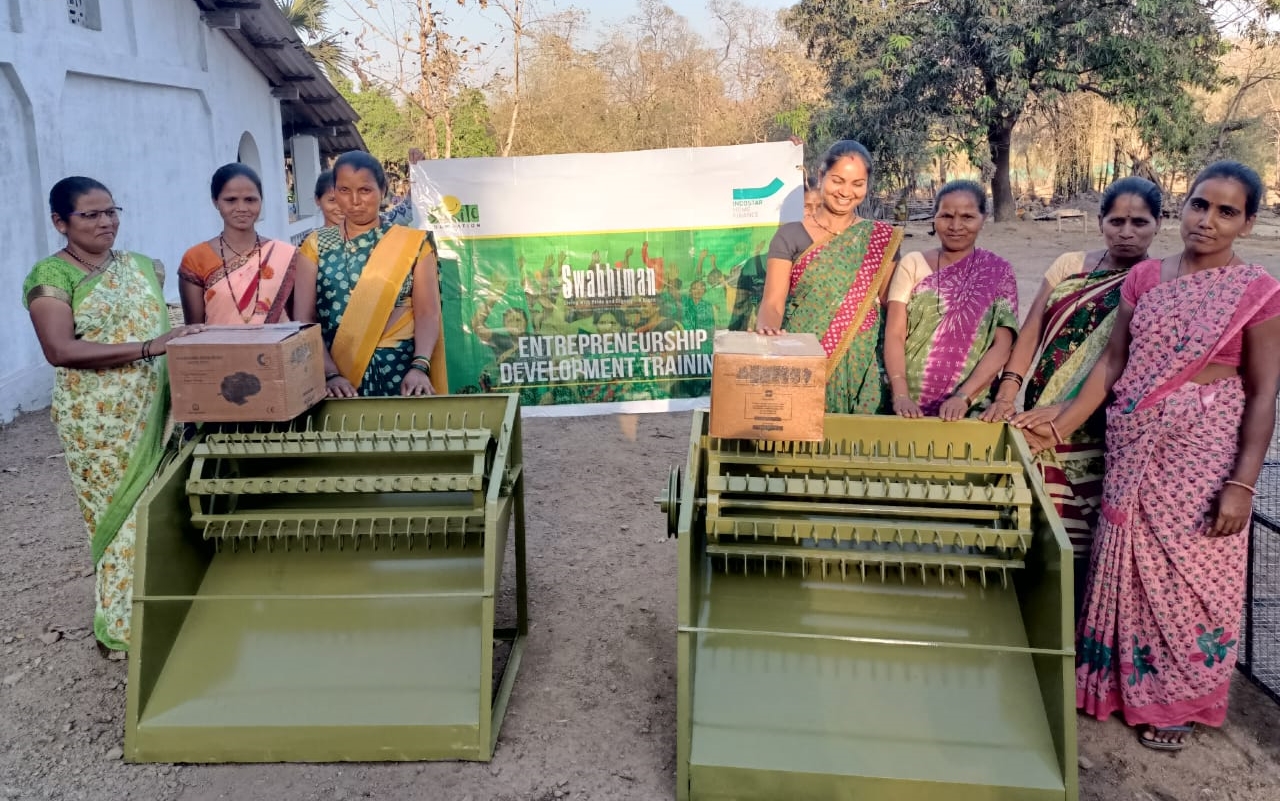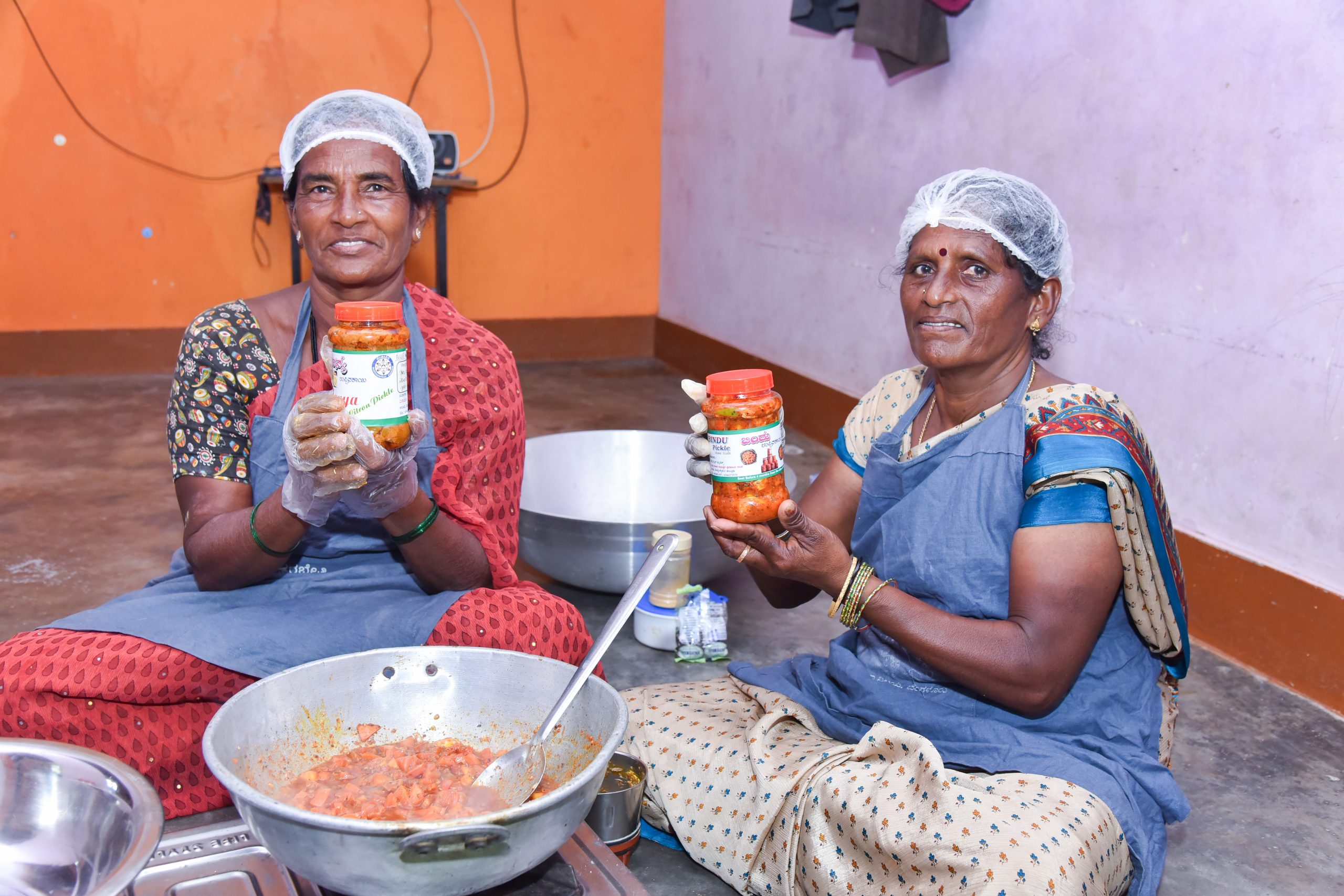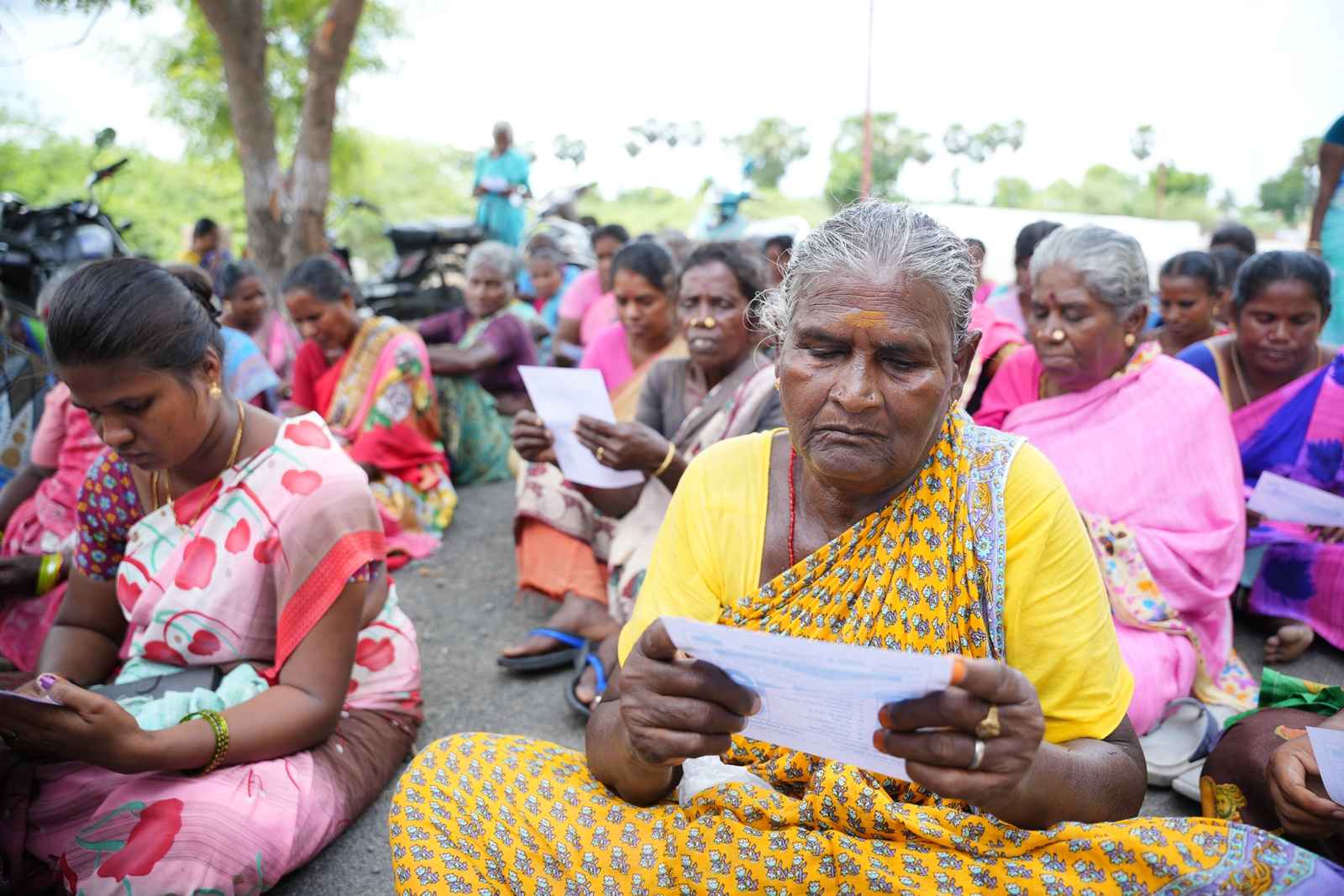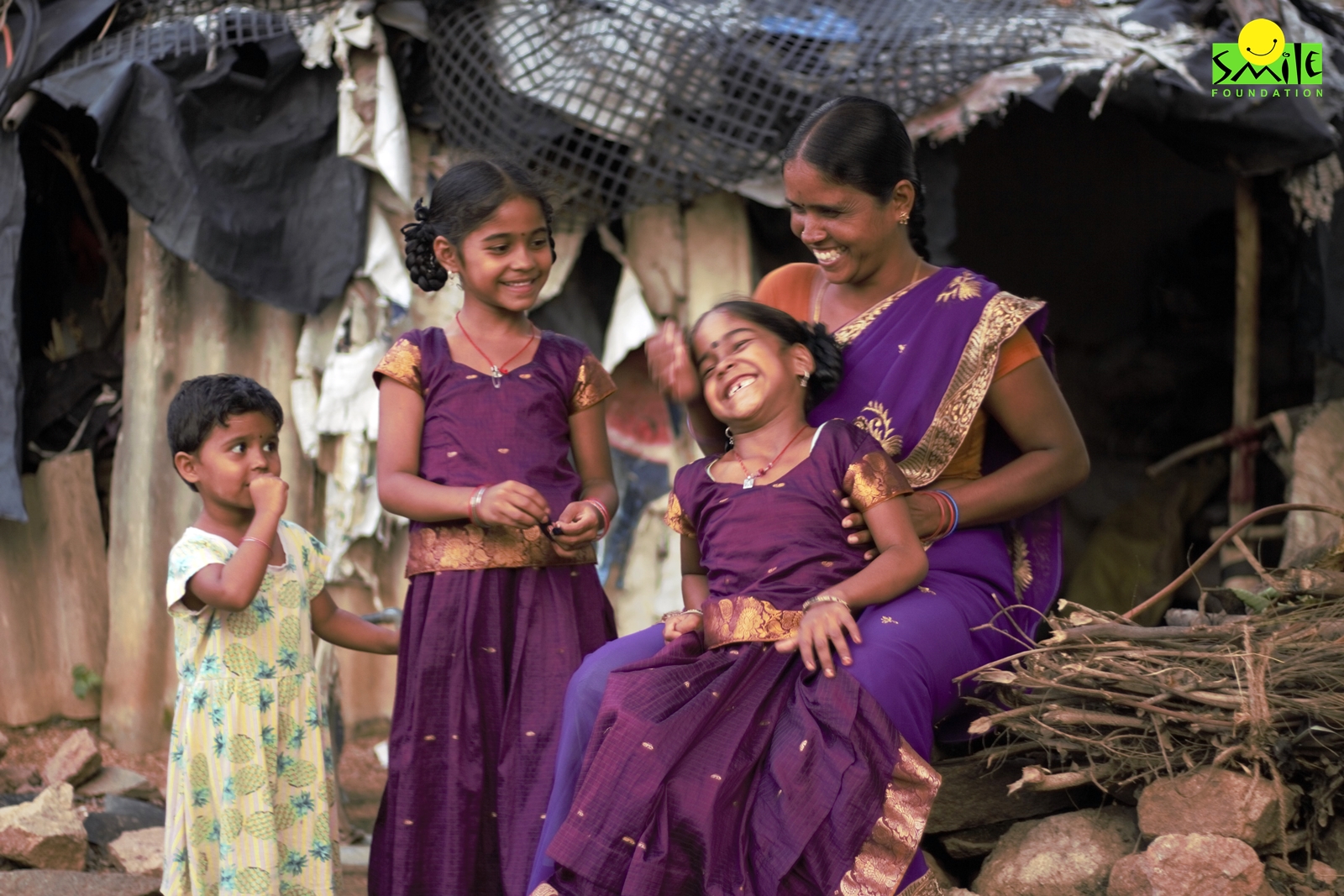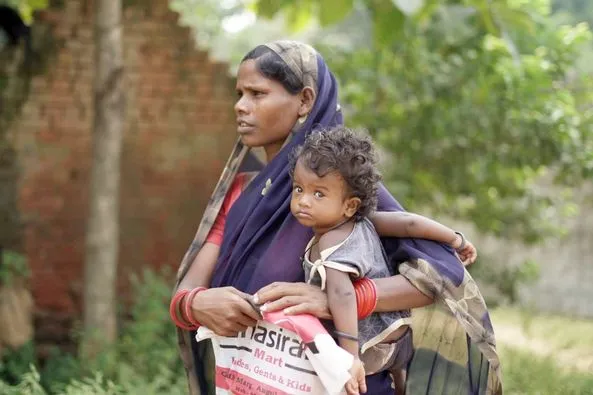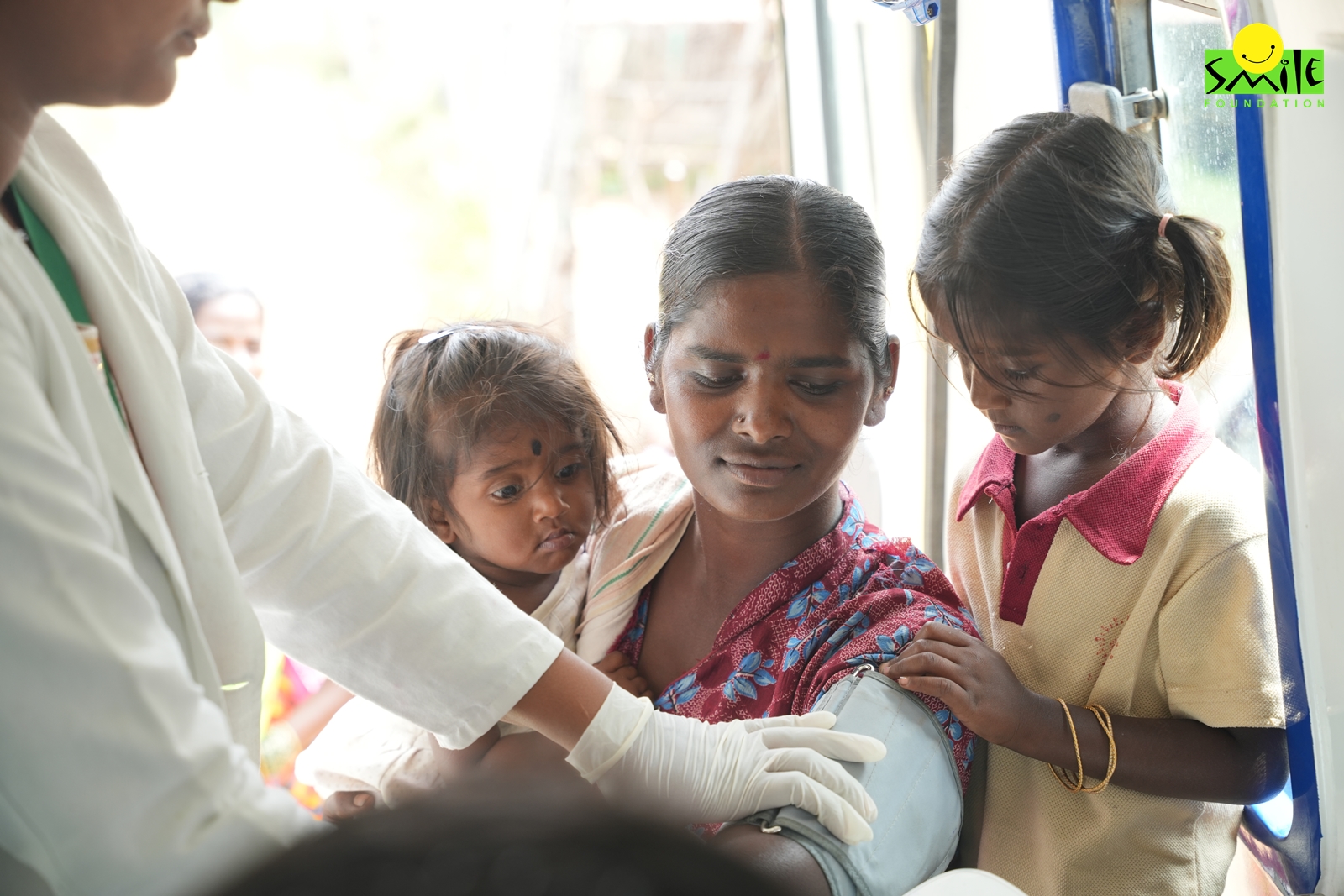As India takes a step each day towards progress, its laurels are worth mentioning about the advancement of India’s healthcare system. Today, India is recognised as one of the leading countries for medical facilities. Patients from countries like Afghanistan, Bangladesh, Oman and West Africa come to India for a variety of treatments ranging from dental care to major heart surgeries and organ transplants.
The Home Minister of India stated that from 2019 to 2021, over 825,000 medical visas were issued to foreigners, despite the pandemic and its traveling restrictions. India’s medical advancement is quite world-class, however, the scenario in the rural and urban slums of India does not look so bright.
Maternal health care facilities in India prevail as one of the most serious challenges to overcome. Health inequity because of social determinants and lack of knowledge poses a big challenge for mothers belonging to underserved communities, as they still can’t access and leverage all the benefits of quality maternal health care.
Why is Maternal Health Care in India still a challenge?
Since time immemorial, women are considered the epitome of nurturing. Their role as a child bearer and mother has been glorified in our ancient literature, and why should not it be? She has the gift of creating a life. For nine months, a woman experiences physical, mental and emotional changes during her pregnancy. It becomes important for her and her child’s health to be safe during and post the pregnancy.
However, despite several efforts by the government and other social stakeholders, maternal care in India still lacks the necessary support it deserves. Although, we aim to achieve the Sustainable Development Goal (SDG) of achieving less than 70 deaths per 100,000 live births by 2030, and to an extent, we have steered the wheels towards it by achieving a Maternal mortality ratio of 97 deaths per 100,000 live births in 2018-2020, India still has to overcome a set of challenges that are posing to be quite a determinant in achieving overall universal care in India.
Maternal Care- A luxury for some women in India
The joy of motherhood is unique for every woman. While some moms-to-be have access to resources and medical support, women of lower social classes often confront daunting challenges. Many women still deal with inadequate nutrition, limited healthcare facilities, and a lack of awareness about maternal health.
Furthermore, young mothers encounter pregnancy-related complications such as excessive blood loss, infection, high blood pressure, abortions and obstructed labor- major contributors to the most common causes of maternal mortality in India.
The lack of access to Antenatal care (ANC) and Postnatal care (PNC) are also a serious concern. During 2019-2021 less than 60% of new mothers only had 4 ANC visits, and 20% of newborns did not receive PNC within two days of birth.
Also, regional disparities are evident when it comes to pregnant women and new mothers receiving Antenatal care and Postnatal care. Factors such as maternal age, educational level, social groups and women’s autonomy are a few social determinants that decide whether a woman will be receiving ANC and PNC.
Why is ANC and PNC important?
For women, Antenatal Care (ANC) and Postnatal Care (PNC) are vital for ensuring the health of both mother and child.
Definitions of ANC and PNC:
ANC monitors the pregnancy, detecting and addressing potential complications early. PNC provides support after childbirth, ensuring proper recovery and addressing any issues that may arise. Both ANC and PNC contribute to reducing maternal and infant mortality rates by promoting healthy pregnancies and births.
The importance of thorough Antenatal care and Postnatal care is even more crucial for the seamless First 1000 days of the child, the period that starts from conception till the time the child reaches the age of two. This period is critical for the development of a child, as rapid physical growth and accelerated mental development take place, making the physical and cognitive capabilities of the child that shall further shape their lives.
Thus, considering the importance of proper ANC and PNC and its necessity to effectuate a safe and healthy environment for women to birth and nurture their children, it becomes a social responsibility of every stakeholder to ensure that maternal healthcare in India is equitable and accessible to every woman of this country.
Empowering Women with Maternal Care: Smile on Wheels
Smile Foundation is closely working at the grassroot levels, to ensure that women living in marginalised sections of society get the benefits of quality and equal maternal care.
With firm support towards promoting government initiatives for women in India such as Janani Suraksha Yojana, and PM Matri Vandan Yojana for women, Smile Foundation has customized Smile on Wheels (SoWs)- Mobile Medical Units that aim to reach expectant mothers and newborn babies living in the remotest nooks of the nation.
Equipped with experienced doctors and paramedics along with OPD services and point-of-care test facilities and medicines, around 71 SOWs are responsible for providing quality maternal care to the rural women of India where they can come for health tests, medicines and consultations.
One such example of SOW’s maternal care to women in India is the
Story of Anju
Anju from Lakhina, Beawar, a housewife lived with her parents as her husband was away for his work in a private company. She came to SOW when she was 2 months pregnant. Being a housewife, she would often not get time to get herself regularly checked, but when she arrived at SOW, she registered on the same day and underwent a thorough check-up by the doctor. The doctor measured her BP, sugar levels and weight, while also informing her about the risk factors and danger signs of her pregnancy.
As Anju lacked substantial maternal care awareness, the doctors guided her with proper instructions for routine checkups, immunisation, diet, rest and the importance of institutional delivery. Seeing this kind of care, Anju’s mother became a regular companion of her during her checkups and soon the SOW team was informed by Anju’s mother that Anju had delivered a healthy baby boy and both mother and son were doing good.
Thus, seeing stories like Anju and the fact that since the inception of Smile of Wheels, this programme has proven to be not just a medical service facility but, as being closely connected with the rural communities, it also aids in bridging the gaps in the local health ecosystem.
Equitable Maternal Healthcare
The idea behind SoWs is to make quality healthcare accessible for the unreachables and therefore, taking quality maternal healthcare to the doors of women living in underserved communities. This comes not with just the responsibility of providing them with required medical support, but also providing them with knowledge and behaviours that would enhance their pregnancy and childbirth. All of these efforts will turn them into agents of positive change who can spread the right awareness and practices of maternal care in the community.
SoWs and our other health interventions, aim to provide every Indian mother with quality maternal health care during pregnancy and after childbirth. The objective is not only to provide medical assistance but also to foster positive maternal care practices within the community so that maternal healthcare in India can truly become equitable, affordable and accessible.



